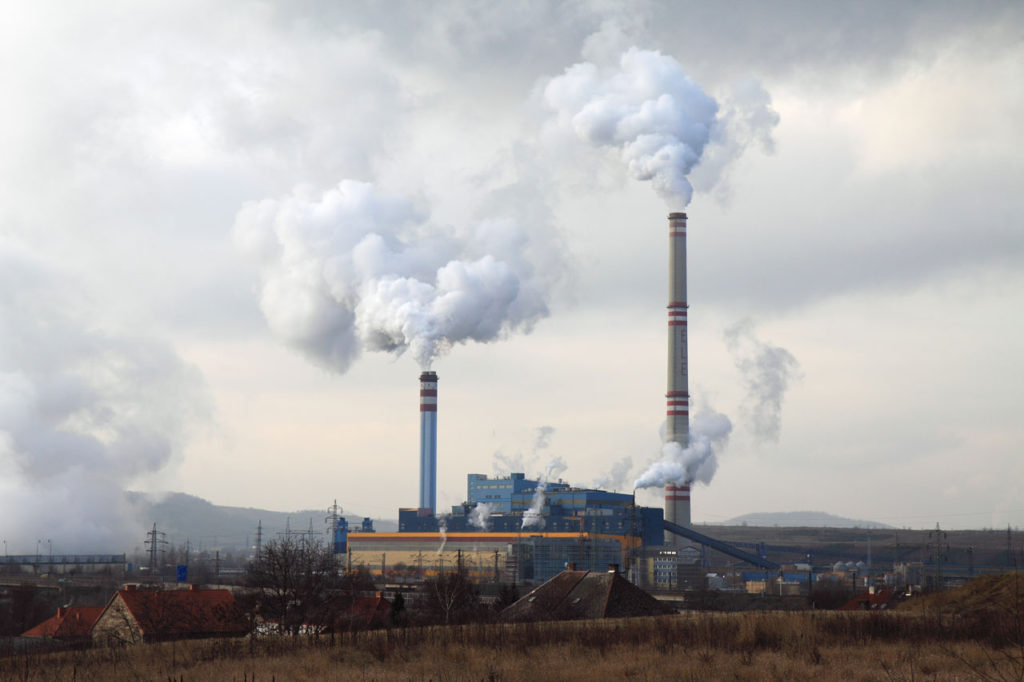Virginia family finances and the state economy as a whole will suffer if Virginia joins the Transportation and Climate Initiative, an economic consulting firm concludes in new data released today by the Thomas Jefferson institute for Public Policy.
The Transportation and Climate Initiative is a 12-state regional compact that would impose a cap on the sale of gasoline and diesel fuel within the region. It imposes a carbon tax by requiring fuel wholesalers to buy allowances for their Virginia sales, with the added costs passed on to retailers and consumers.
The Beacon Hill Institute of Medway, Massachusetts, asserts that the total impact (direct and indirect) on a family would average more than $700 per year. That would include the higher cost of gasoline or diesel fuel they buy, and the impact of those costs on the goods and services they buy.
The TCI cap and tax regime would reduce future State Gross Product in Virginia by more than $1 billion per year and impede growth in employment, capital investment and disposable income. The heaviest impact would come if Virginia and the other states involved set the most aggressive target for fuel use restrictions. A table from the study is included below.
TCI proponents are seeking to reduce the amount of carbon dioxide released into the atmosphere from fuels by 25 percent, accomplished by decreasing gasoline and diesel sales by 25 percent. The Beacon Hill analysis did estimate a social benefit from the lower carbon emissions, using an economic tool accepted by those concerned about CO2 emission, but found the benefit in the range of $32-34 million per year, swamped by the economic costs.
Climate models show negligible, indeed almost non-existent reductions in future temperatures resulting from the lower emissions, as reported in a previous Thomas Jefferson Institute paper. One common model found the future temperature reduction below one-one thousandth of one degree Celsius.
“The Transportation and Climate Initiative would raise taxes on Virginians, cost Virginians jobs, reduce disposable income, result in the rationing of fuel, and lead to reductions in road funding,” said Chris Braunlich, president of the Thomas Jefferson Institute. “It would doubly hurt rural areas reliant on cars, and severely damage the economies of communities along the North Carolina, Tennessee, Kentucky and West Virginia borders.”
Those four states will not be part of the TCI compact. Fuel costs in Virginia will suddenly be higher along all four of those borders, with individual and business consumers free to fill up across the border. Fuel sales in those states will not be constrained by the steadily-shrinking cap.
“It is a loser for Virginians,” Braunlich concluded. “It should be rejected.”
The General Assembly which begins in two months will consider whether Virginia should join TCI. The details are still being withheld by TCI advocates, and the organizers have released no state-by-state data. The limited information available indicates the initial price for the allowances needed to sell gasoline and diesel will translate to an additional 17 cents per gallon. That would be in addition to the state’s existing gasoline tax of 28.8 cents per gallon, which is already set to go to 33.8 cents next July.
Using its own methods, Beacon Hill estimated that chasing that 25% reduction goal would require a carbon tax of 33 cents per gallon on gasoline and 28 cents per gallon on diesel. That is a Virginia-specific estimate, with BHI believing that there will be differing impacts by state. While higher initially than the TCI estimates, over the ten year period for the compact TCI also projects steadily rising allowance costs in its own modeling. It will eventually collect more than $7 billion annually, although it does not report how much would be from Virginia.
“If Beacon Hill is correct, Virginia’s gas tax will be almost 70 cents per gallon in 2022, just over 12 months from now. If the advocates are correct, it will still be more than 50 cents per gallon in 2022. It was 16.2 cents per gallon in much of Virginia just four months ago,” noted Steve Haner, Senior Fellow for Tax Policy for the Thomas Jefferson Institute. “There is no question that will have a big, negative impact on the state’s economy.”

